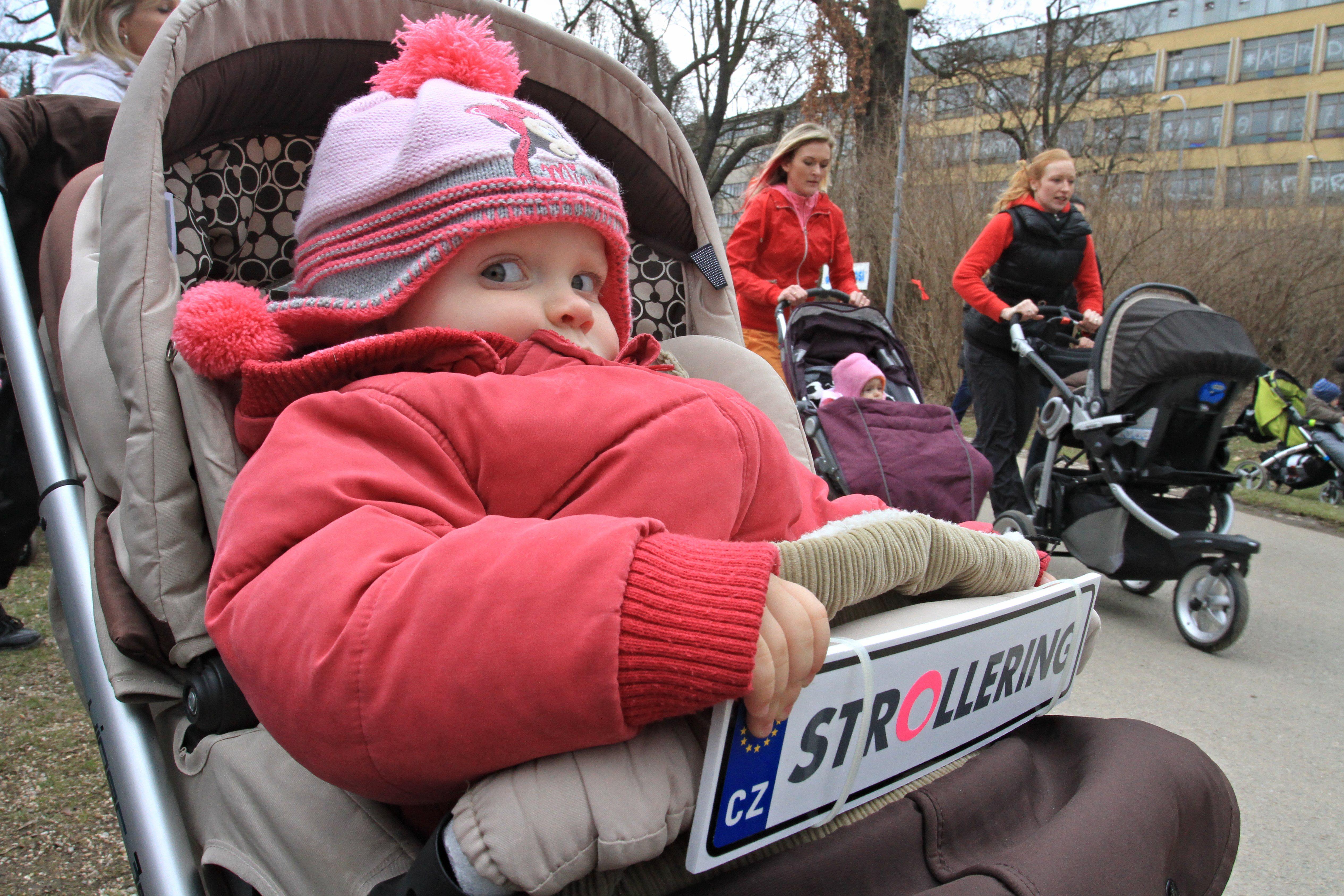Elizabeth Chuck of NBC News reported this week on a “fast growing segment of the nanny industry”: American-born college graduates. Since the mid-nineties, the profession has seen a rise in these well-credentialed caretakers, who “could go into law, medicine or other fields but are choosing to become career nannies,” often because they cannot find work elsewhere. The economic desperation of the lavishly schooled classes is good news for those parents of little ones who seek ever more enrichment for their kids. “For some parents, the ultimate nanny candidate has multiple degrees, including Master’s degrees,” especially in early childhood education, writes Chuck.
Cliff Greenhouse, president of New York City’s Pavillion Agency for personal service placement, confirms it. “More and more families are saying, ‘I just want someone with a Master’s degree,’” he told me over the phone. “Whether or not it’s in child psychology or some other field, it shows a commitment to education that families believe will rub off on their children.” Fine arts diplomas are especially in-demand, because of the “level of creativity” they bring to childcare. (Whilst other nannies are gluing noodles onto construction paper, presumably, MFA grads can teach your kids how to make the latest Frank Gehry building out of play dough.) Parents also swoon for guardians who can scold their children in several languages, especially Mandarin Chinese. Greenhouse has received requests for nannies with self-defense training, the ability to drive a Zamboni, and a pilot’s license.
What should we make of families’ desire for nannies with the varied, extraordinary expertise you’d expect from career polymaths and/or CIA operatives? I don’t want to use the word “overqualified” in a cultural climate where nothing is too good for our children. But. Are these caretakers overqualified? Or rather, for all their training, do they possess the right qualifications?
Academics don’t have much to say about nannies: how they influence kids; what qualities make for a great one; the role of demography, educational attainment, fluency in ancient runes, etc. “It would be nearly impossible to get permission from nannies (often paid under the table) or their employers” to run a study, explains Adam Davidson in the New York Times.
But experts generally define a good nanny as nurturing, responsive, loving, sensitive, patient, and knowledgeable about kids. “The best ones understand what to expect of children at different ages,” says Amy Hunter, an assistant professor at Georgetown University’s Center for Child and Human Development. “They know how to deal with two year olds that bite. They are prepared for all kinds of challenging behavior.” Hunter believes that how caretakers acquire this preparation—through formal study, nannying experience, mothering, or daycare training—doesn’t matter so much. If your nanny shares your childrearing philosophy and won’t freak out when your toddler puts sodden Cheerios in his hair, you’ve chosen wisely.
Which makes an emphasis on extravagantly diploma’d babysitters kind of ridiculous: the kids themselves might be just as well off with a career Dominican abuela as with a white California-born twentysomething who missed her LSAT registration date. Or better off. (Isn’t the diversity of experience the former brings to the table a huge plus? Isn’t that one reason the system of international au pairs has thrived for so long?) Opportunities for poorer and less educated workers are dwindling. It would be a shame if parents’ misguided preoccupation with academic credentials forced qualified people out of one of the few fields that remain viable to them.
Greenhouse assured me that race has never factored into his clients’ requests—that he has placed comparable numbers of whites, blacks, Latinas, and Asians in a range of homes, and that they make comparable salaries. It’s simply that, in the wake of the recession, homegrown college grads are pursuing new career options. And that, as Greenhouse told NBC, moms these days “aren’t going to work full-time unless they can leave their children in the care of someone they consider a peer.” Who counts as a peer, exactly, is never specified.
